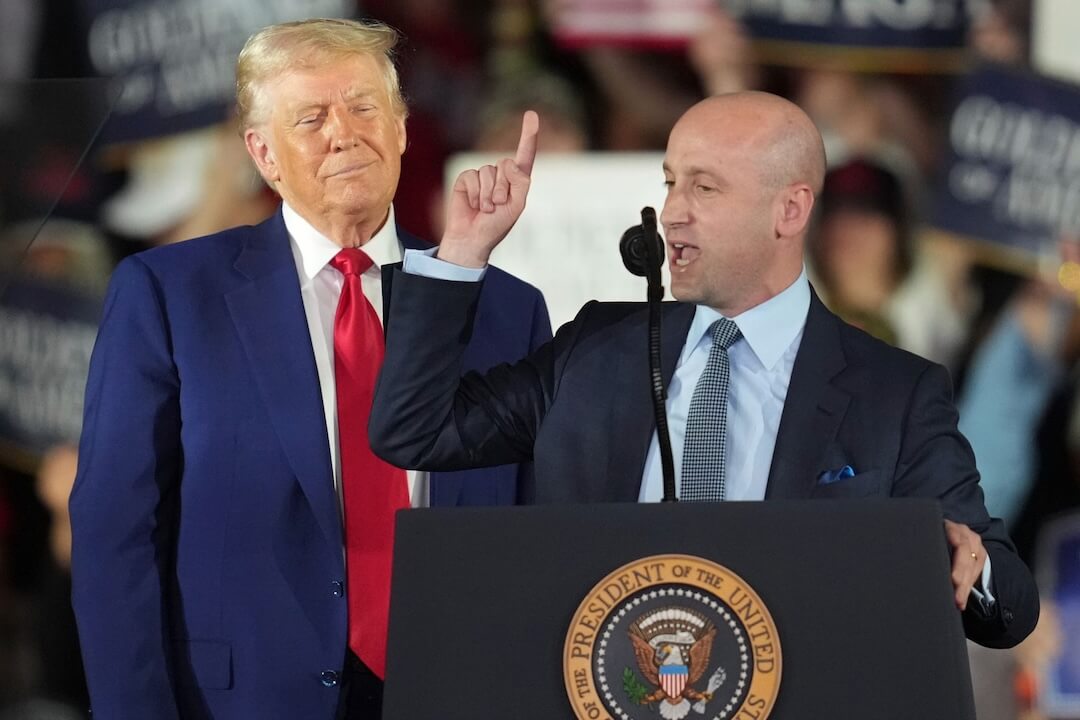The craft of journalism dovetails with ethical decision-making in many ways. One of those ways involves how we handle information. In both cases, it seems that the more information we gather, the more questions arise about how to use it.
Tim Rutten at The Los Angeles Times raised a number of good questions in that regard in a recent column about the news media. In his piece, he focused on the glut of questionable information available to the public on the Internet and how mainstream news organizations deal with it.
In the process, he asked:
- “Does withholding information that our readers and viewers can readily obtain from other sources threaten, over time, to abrade our connection with them?”
- “Or, does the maintenance of clearly defined standards — even in the face of breathless opportunism masquerading as enterprise — strengthen the bond with our audience?”
Rutten ruminates about those questions. He uses the Michael Jackson and Kobe Bryant cases as examples that challenge our journalistic ethical norms. I don’t plan to address those two cases here. (If you haven’t read Kelly McBride’s comments on the Kobe Bryant coverage, you can do so here. But I do want to think out loud about the questions he posed above, along with two other ones he asked later in his article:
- “Do our “laboriously worked-out ethical norms really avail any longer?”
- “Do they still serve some purpose, or has technological change simply overrun them….”
Let me begin with the first two questions about whether withholding information available elsewhere abrades, or erodes, our connection to readers. Or, do clear ethical standards strengthen our bond with them.
I think our relationship with those who read, listen, or watch our news stems from a variety of factors. One of the most important involves trust. They trust us to gather all the information journalists need to understand the story as completely as possible. They also trust us to scrutinize that information. Evaluate it. And decide the type and amount of information they require to process and make better decisions about how to assess the world around them.
Their trust in an approach that adheres to transparent, ethical practices bonds them to credible news outlets in a way that differs from those who engage in rumors, gossip, or “infotainment.”
The presence of information on the Internet, just a few clicks away, has altered the public’s position in the information chain. We no longer act as unilateral gatekeepers. Readers can—and do—access information directly from many sources. Readers can even write their own stories on weblogs and other sites.
But that ability changes the relationship, not the foundation of that relationship.
Just because journalists and the public can access information more quickly it doesn’t make that information more reliable. Speaking on a panel addressing journalism quality on the Internet just a few years ago, Bruce Koon, then Mercury Center’s managing editor, noted that “speed is the enemy of accuracy.”
So while Rutten asked if our ethical norms no longer matter, and whether technology makes them obsolete, I would ask if we understand what we believe, why we believe it and how we show it.
The Internet makes information gathering and distribution different. So did the printing press. The telegraph. Radio. Television. With each evolution in media, new opportunities and challenges arise. Things change.
What doesn’t change is how we determine what we believe, how important it is to act upon those beliefs, and the credibility earned by those who hold ethical principles and practice them.
When we identify the principles we hold, and hold ourselves accountable to acting upon them, we create, and maintain, our credibility. It is upon such a foundation that trust exists.
We need to remember that things change. How we approach them may change. And how we handle the change affects our credibility.
Remember what happened to the Dallas Morning News way back in 1998? It thought it had an exclusive about a Secret Service agent’s testimony regarding what he saw happen between then President Clinton and Monica Lewinsky.
Knowing the speed with which news about the President moves, the Dallas Morning News saw an opportunity to scoop even its own print edition by putting the story on its website. In the process, it violated its own policy of corroborating such information with more than one source.
In part, it probably did so because it realized there are other places such news might appear. And the technology enabled it to distribute the information even more quickly than before, making it accessible to those seeking out such news.
The Associated Press picked up the story. Other news outlets passed it on. But a few hours later, the Dallas Morning News pulled the story, noting it was inaccurate. The newspaper later apologized for failing to follow its own guidelines and jeopardizing its credibility.
New tools need not cause us to discard the values we hold. The ethical decision-making process can continue to guide us. For some that may seem obvious.
But as Samuel Johnson once wrote: “Never hesitate to remind people of the obvious, it is what they have most forgotten.”





